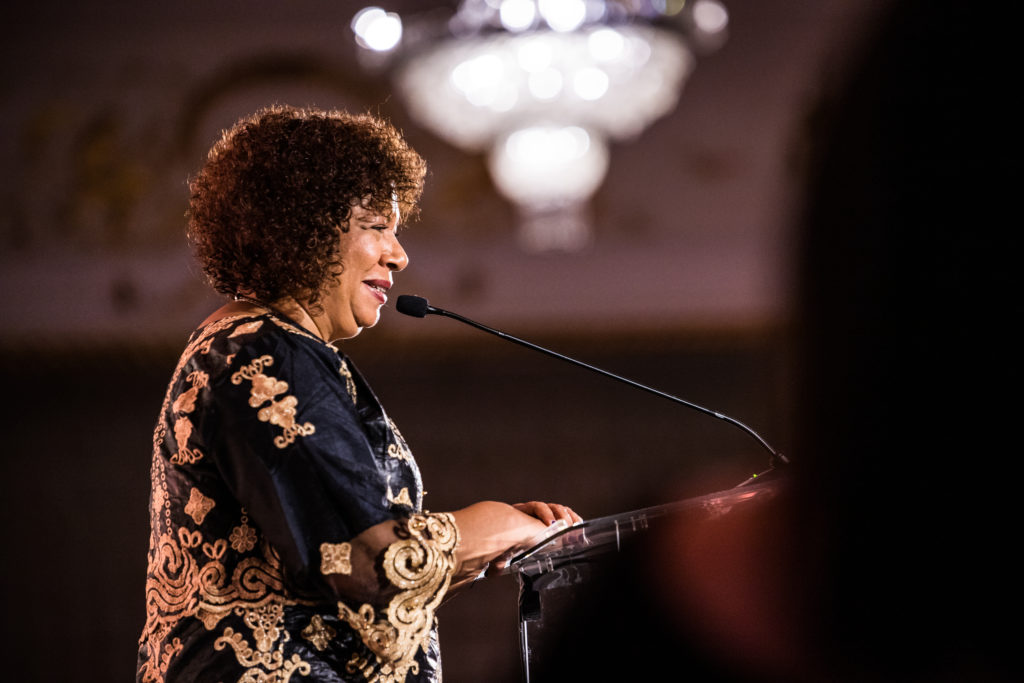(AP Photo/Rodrigo Abd)
(AP Photo/Rodrigo Abd)
This article is part of WOLA’s series looking at some of the most significant human rights trends and events of the 2010s.
See the full series here.
Hugo Chávez left behind a difficult political and economic legacy upon his death in 2013, after serving as president for 14 years. While his social policies were popular, he oversaw a deterioration of democratic governance and human rights guarantees. In the post-Chávez era, Venezuela saw an accelerated slide into authoritarianism, the worst economic disaster in decades, and an unprecedented wave of migration out of the country.
Designated by Chávez as his political heir, Nicolás Maduro narrowly won the presidency in April 2013. Lacking the broad and intense support that Chávez enjoyed, Maduro increasingly leaned on the military to back up his administration, granting them economic benefits and powerful positions in the government. This support is one factor that has helped ensure Maduro’s hold on power as the country’s political crisis intensified.
Before Maduro had even completed a year in office, Venezuelans took to the streets in nearly daily protest over a four-month period in 2014. The government reacted by repressing and jailing protestors, while pro-government armed groups committed violent abuses. In total, an estimated 50 people died in connection with the protests and the brutal crackdown that followed. In the aftermath, many prominent leaders of the opposition and other critics of the government faced increased criminalization, thanks in part to a justice system that lacked independence and was widely used to prosecute opponents.
While Venezuela’s opposition won a congressional majority in December 2015, Maduro’s coalition remained in control of the other branches of government, the armed forces, the state oil company, and, crucially, the Supreme Court and the National Electoral Council (CNE). Soon after the opposition victory, the Supreme Court ruled that the National Assembly’s decisions were voided because of alleged electoral irregularities in the remote state of Amazonas (a decision that has been left in place indefinitely). In 2016 the opposition pushed for a recall referendum following a kafkaesque series of steps required by the CNE. When it looked like they were going to finally fulfill the requirements in October 2016, the CNE postponed it indefinitely with spurious arguments. These developments helped push the opposition into more seriously considering the formation of a parallel government.
Democratic backsliding intensified in 2017, when Venezuela’s Supreme Court attempted to bypass the National Assembly in a move that was widely recognized as unconstitutional. When the decision was met by widespread international condemnation, Maduro moved to replace the National Assembly with a separate body. Without first holding a referendum on whether Venezuelans wanted a new Constitution, he announced elections to convene a National Constituent Assembly (ANC) that would officially be tasked with drafting a new constitution—but which would in practice would function as a supra-constitutional body able to decree whatever law or action the executive needed. Because of concern about the unconstitutionality of the vote—as well as the fact that it was organized in a way that heavily favored the ruling party—the opposition declined to participate. As a result, the ANC is almost exclusively made up of government supporters.
After attempts in late 2017 and early 2018 to negotiate a free and fair electoral solution to the crisis failed, Maduro convened widely-questioned presidential elections in May 2018. The main opposition coalition, and several of its individual member parties, were disqualified from participation. Most of the mainstream opposition boycotted the elections, which saw historically low voter participation. The vote itself was widely regarded by credible domestic electoral monitoring organizations as unfair and lacking transparency.
All this sowed the seeds of the crisis facing Venezuela today: with the president of the opposition-led National Assembly formally recognized as interim head of state by 57 nations worldwide, operating in parallel to the de facto Maduro government, which maintains control and is resistant to free and fair elections it knows it would lose. As the power struggle has continued, human suffering continues to deepen.
Throughout the decade, the U.S. response to Venezuela has been complicated by the reality that hardline unilateral rhetoric, and economic sanctions that began in August 2017, feed into Maduro’s portrayal of his country’s crisis as the result of U.S. policies, rather than a result of his own failures. The Obama administration’s approach to Venezuela did include sanctions against individuals and, in general, there was a greater emphasis on engaging Venezuela diplomatically and supporting multilateral efforts to address the crisis. The Obama administration also avoided sectoral sanctions that were known to have broader impact on the population. The tough talk and “maximum pressure” campaign waged by the Trump presidency in an effort to dislodge Maduro from power has failed.
A combination of careful, targeted pressure that avoids aggravating the crisis and diplomatic engagement represent the most promising path forward for restoring democratic order in Venezuela. Significant multilateral initiatives have emerged with the stated goal of facilitating a peaceful, negotiated solution to the country’s crisis, including the International Contact Group, which includes various Latin American and European countries. The mid-2019 mediation efforts of Norway represent the most credible negotiation efforts to date, and any future talks should build upon them.
Diplomatic engagement is and will remain challenging: in the past several years, attempts at talks between the Maduro regime and the opposition saw many starts and stops—as can be expected in any conflict resolution process. But in the right conditions, it is possible that Venezuela’s opposition, representatives of the government, and international stakeholders could forge an agreement that results in elections that are truly free, fair, and credible.

Journalist and Efecto Cocuyo co-founder Luz Mely Reyes accepts the 2019 WOLA Human Rights Award on behalf of Efecto Cocuyo. Lancer Photography, 2019. All rights reserved.
Sign up for the Venezuela Weekly newsletter, and/or updates by the Venezuelan Politics and Human Rights blog, here.